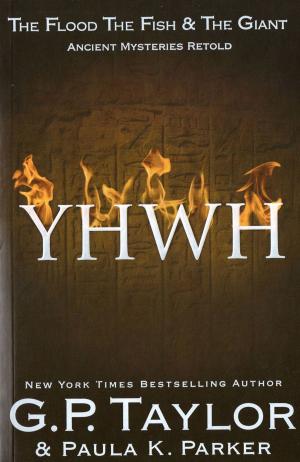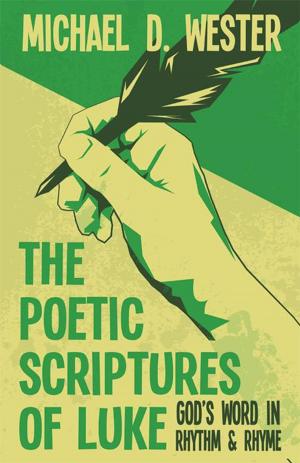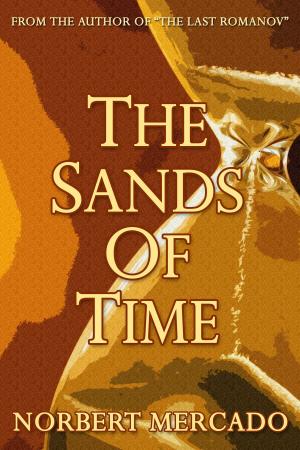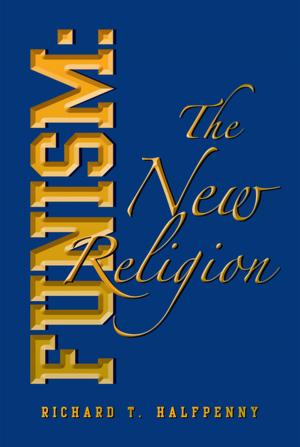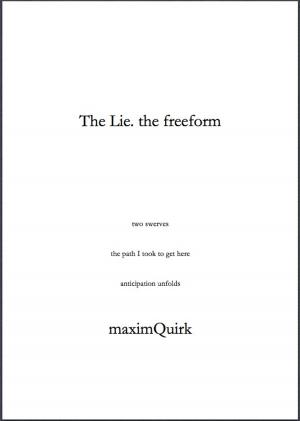| Author: | Ayatullah Jawadi Amuli | ISBN: | 1230002798349 |
| Publisher: | The Islamic System Of Judiciary In The Quran | Publication: | November 5, 2018 |
| Imprint: | Language: | English |
| Author: | Ayatullah Jawadi Amuli |
| ISBN: | 1230002798349 |
| Publisher: | The Islamic System Of Judiciary In The Quran |
| Publication: | November 5, 2018 |
| Imprint: | |
| Language: | English |
It has been stipulated in fiqh that adjudication has certain criteria which the judge may not violate. These include: evidence or oath, the oath given on weak and inconclusive evidence (qasamah in cases of lawth), the knowledge of the judge, or admission, where the judge not able to give a positive or negative judgement violating them.
He may resort to drawing lots only when there is a conflict of rights, not in order to determine and reveal the ruling but to make a division and in cases which are similarly doubtful. The matter is elaborated in legal works. It has been pointed out that drawing lots has a basis in the Noble Qur'an, and to mention it here is not without benefit. God, the Exalted, has said:
"For thou wast not with them, when they were casting quills which of them should have charge of Mary; thou wart not with them, when they were disputing." (3:44)
"… And cast lots, and he was of the rebutted." (37:141)
The last verse means that Jonah was a loser in the casting of lots when his arrow appeared, and he was thrown into the sea and swallowed by the whale. That has no connection with adjudication because of the general character of the act of drawing lots. Nevertheless, it has some relation to it and so must be indicated here.
It has been stipulated in fiqh that adjudication has certain criteria which the judge may not violate. These include: evidence or oath, the oath given on weak and inconclusive evidence (qasamah in cases of lawth), the knowledge of the judge, or admission, where the judge not able to give a positive or negative judgement violating them.
He may resort to drawing lots only when there is a conflict of rights, not in order to determine and reveal the ruling but to make a division and in cases which are similarly doubtful. The matter is elaborated in legal works. It has been pointed out that drawing lots has a basis in the Noble Qur'an, and to mention it here is not without benefit. God, the Exalted, has said:
"For thou wast not with them, when they were casting quills which of them should have charge of Mary; thou wart not with them, when they were disputing." (3:44)
"… And cast lots, and he was of the rebutted." (37:141)
The last verse means that Jonah was a loser in the casting of lots when his arrow appeared, and he was thrown into the sea and swallowed by the whale. That has no connection with adjudication because of the general character of the act of drawing lots. Nevertheless, it has some relation to it and so must be indicated here.








